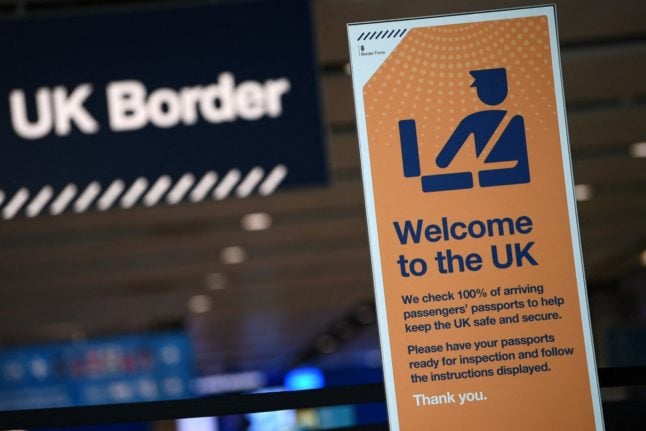“A decent variety of fish in the supermarket is something we really miss,” the reader wrote in a comment to a recent article. “I regularly return to my old stamping ground on the Franco-Swiss border, hundreds of kilometres from the sea, and the fresh fish in the local Carrefour supermarket is invariably excellent. Why can’t they manage it in Odense, 20 minutes from the coast?”
It’s hard not to sympathise. Denmark, after all, is practically all coast, with the country consisting of a peninsula and 1,419 islands.
The Local started by asking the Danish Chamber of Commerce, which represents most of Denmark’s leading supermarket chains.
“I have spoken with my colleague on the matter,” replied Lars Ohlsen, the chamber’s press chief. “We don’t have any research, but our best bet is that the business case does not work. That if the supermarkets had it on the shelves, they would not make a profit on them.”
We then approached Royal Fish, one of the leading buyers and sellers of Danish fish, whose chief executive, Donald Kristensen, put the near non-existence of fresh fish counters in supermarkets down to Danish penny scrimping.
“The main reason is that Danish people will not pay for fresh food,” he said. “In Denmark we don’t have a tradition of spending a lot of money on food. If you compare to other countries in Europe, it’s one of the countries where people spend the least.”

It’s not due to a shortage of fish, he stressed. Despite the decline of fish stocks in waters around Denmark and the crisis in the Danish fishing industry, there remains a lot to be caught in Danish waters.
“We have plenty of fish but we export all of it to the rest of Europe,” he said. “We only work with fresh fish and 99 percent of it is exported to Germany, France, Spain, Italy, in fact all of Europe.
“Danes also eat fish, but that is mainly at restaurants, ” he continued. “When we buy fish for private purposes, it’s mostly smoked fish, shrimps in brine, or canned mackerel.”
The closest Danish supermarkets come to fresh fish, outside flagship supermarkets in the big cities that is, is fish sold in gas-filled ‘MAP packs’, which can keep for longer on the shelves, he explained.



 Please whitelist us to continue reading.
Please whitelist us to continue reading.
Member comments